One very important (arguably the most important) economic activity, is the allocation of capital from those who have saved it and are not using it, to those who have an idea for it's usage but do not own the capital. An economy lives by it's ability to efficiently allocate capital, and dies by it's inability to do so. Bitcoin has extremely heavy implied deflation - all it takes is for a Bitcoiner to die without passing their private key on to their heirs, and that Bitcoin is effectively deflated out of the supply.
The late doctor's widow who has large amounts saved up but doesn't spend much, meets a young entrepreneur who wants to open a restaurant. So she lends him some Bitcoin to start it up(Bitcoin is the currency used by everyone). He agrees to pay her interest at whatever rate they agree on. But, because Bitcoin continues to get more and more scarce as time goes on....what is the likely outcome of that loan? As time goes on, it will invariably become harder and harder for him to pay it back. That restaurant had better be one whole hell of a success, and/or he'd better repay the loan pretty fast.
Do you see the problem here? The doctor's wife is incentivized by the nature of Bitcoin, to hodl it. Not to lend it out. Because she knows that it will be more valuable tomorrow/next year/ten years into the future....so why take the chance? She'll likely want a high interest rate as compensation for taking the risk, and that makes it even harder for the young fellow to repay it! But the lending of capital, which is just the allocation of capital in the economy, is vital to the growth of said economy. In our hypothetical example, the restaurant won't get built because the Bitcoin wouldn't get lent out.
My sense tells me that this actually will not be a problem in a Bitcoinized world, but I can't seem to put my finger on the economic reason as to why. Back to the example - the real capital, and labor, exist to start the restaurant, but won't be allocated to do so. The grills are there, the building exists, and the workers are ready to go work...but because of the nature of the currency, the decision-makers are incentivized not to proceed....or would they be incentivized to proceed?
What's the flaw in this argument against Bitcoin? Because I've heard it before, and just not sure how to refute it to my friends who want to argue this macro-economic angle.
[link] [comments]

You can get bonuses upto $100 FREE BONUS when you:
💰 Install these recommended apps:
💲 SocialGood - 100% Crypto Back on Everyday Shopping
💲 xPortal - The DeFi For The Next Billion
💲 CryptoTab Browser - Lightweight, fast, and ready to mine!
💰 Register on these recommended exchanges:
🟡 Binance🟡 Bitfinex🟡 Bitmart🟡 Bittrex🟡 Bitget
🟡 CoinEx🟡 Crypto.com🟡 Gate.io🟡 Huobi🟡 Kucoin.
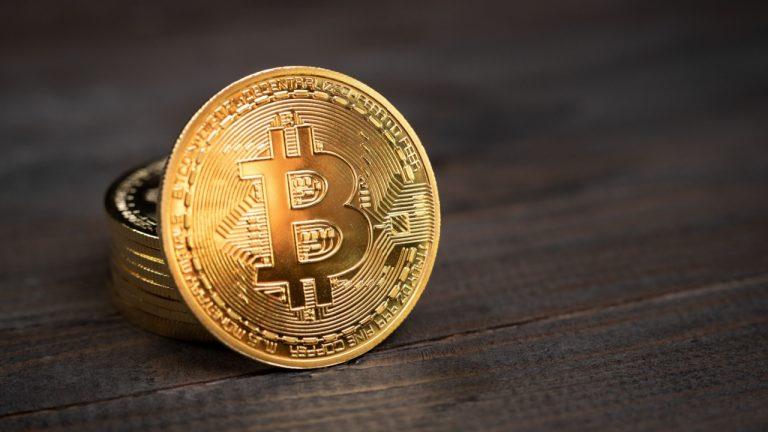





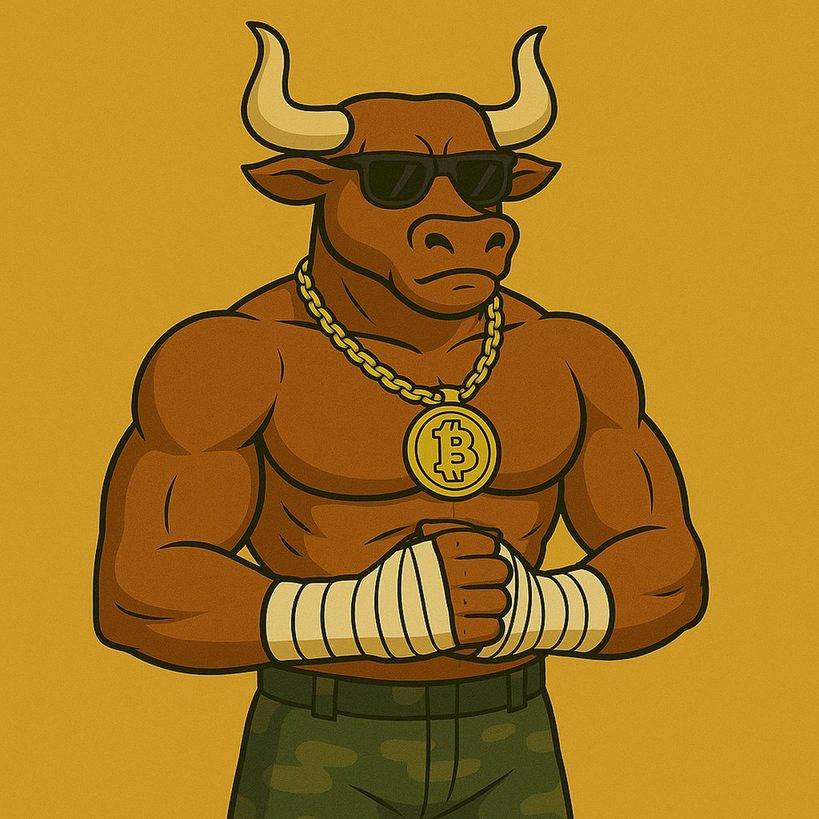

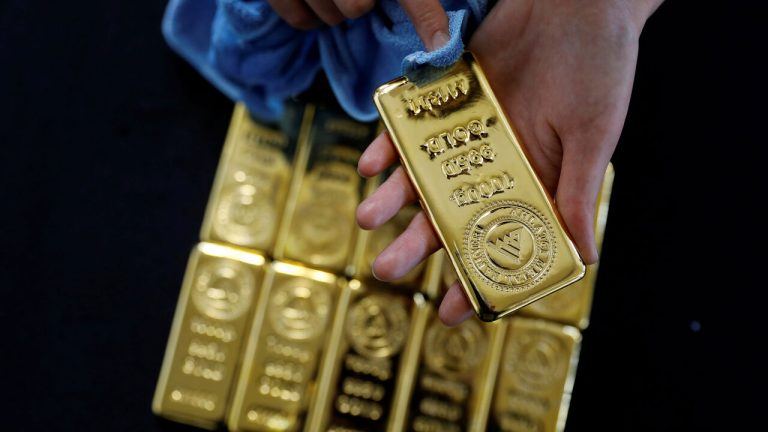
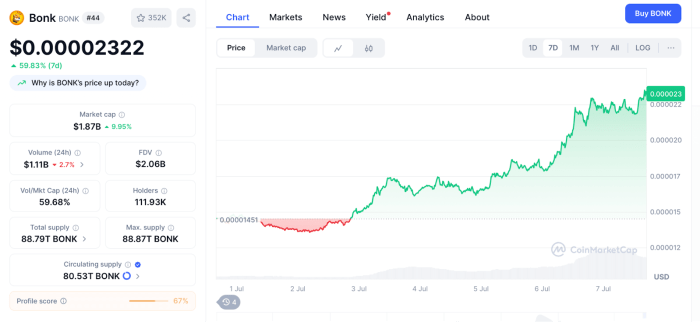


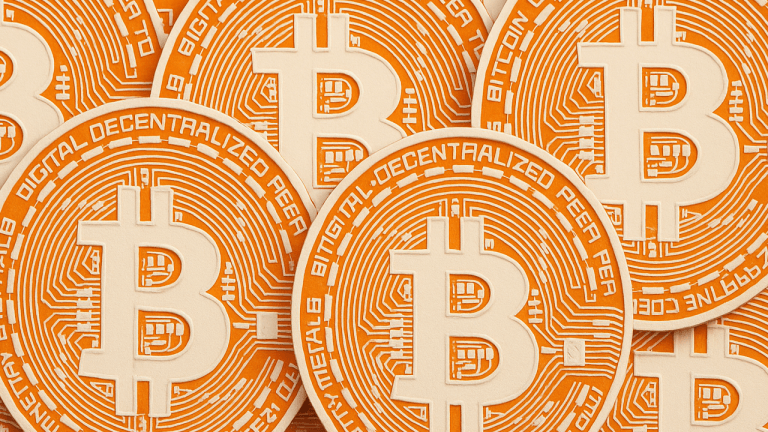
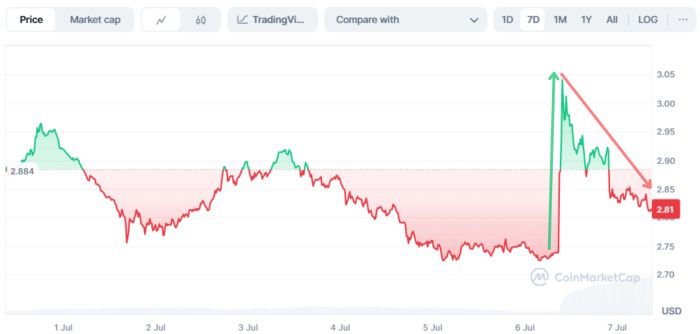

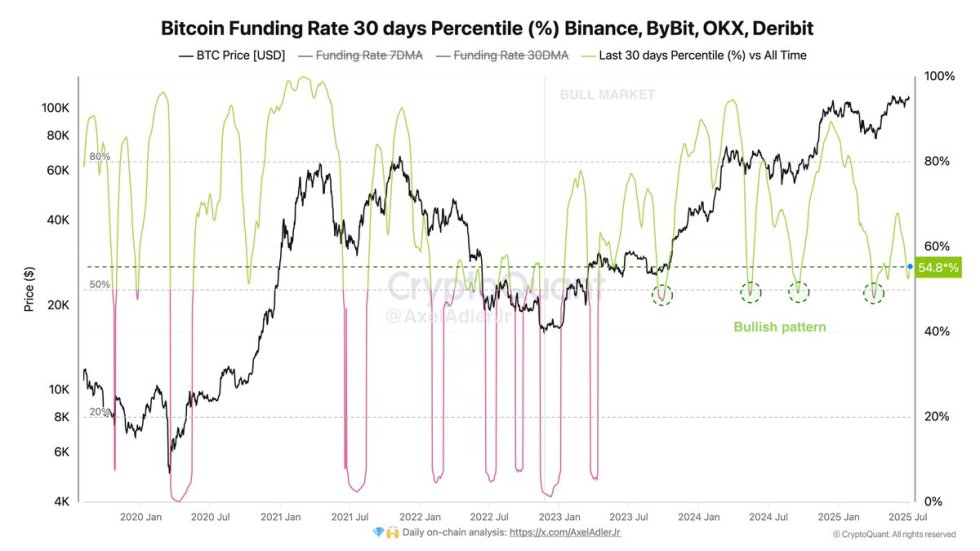




Comments